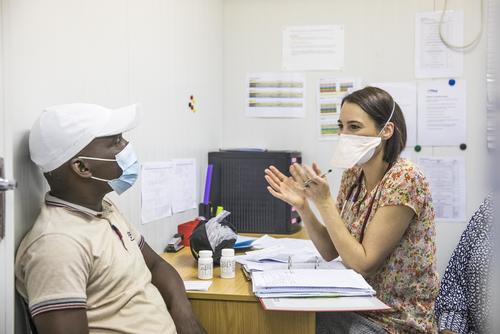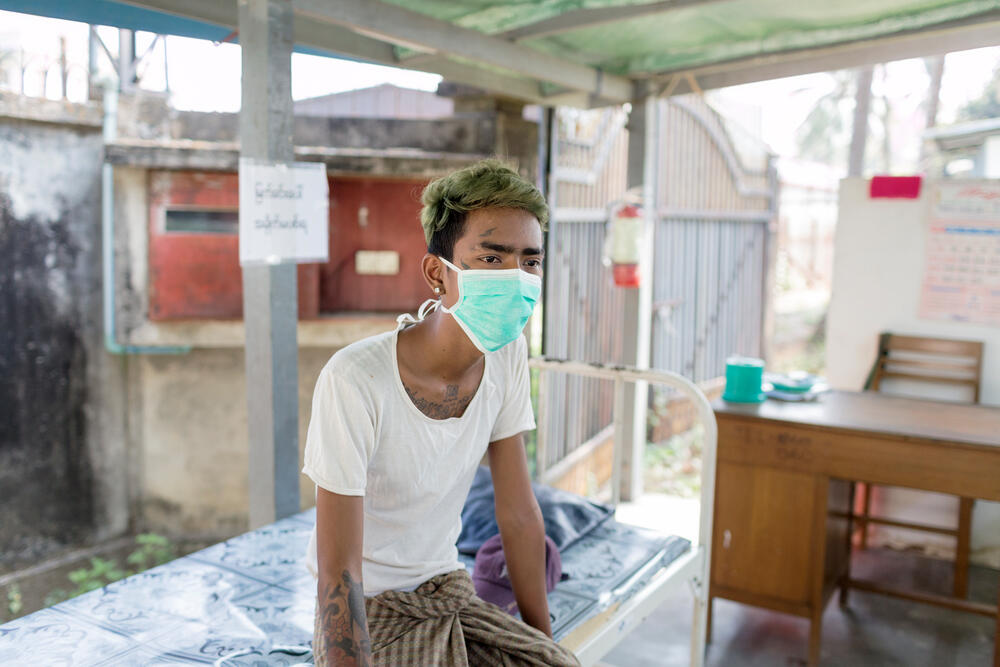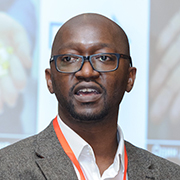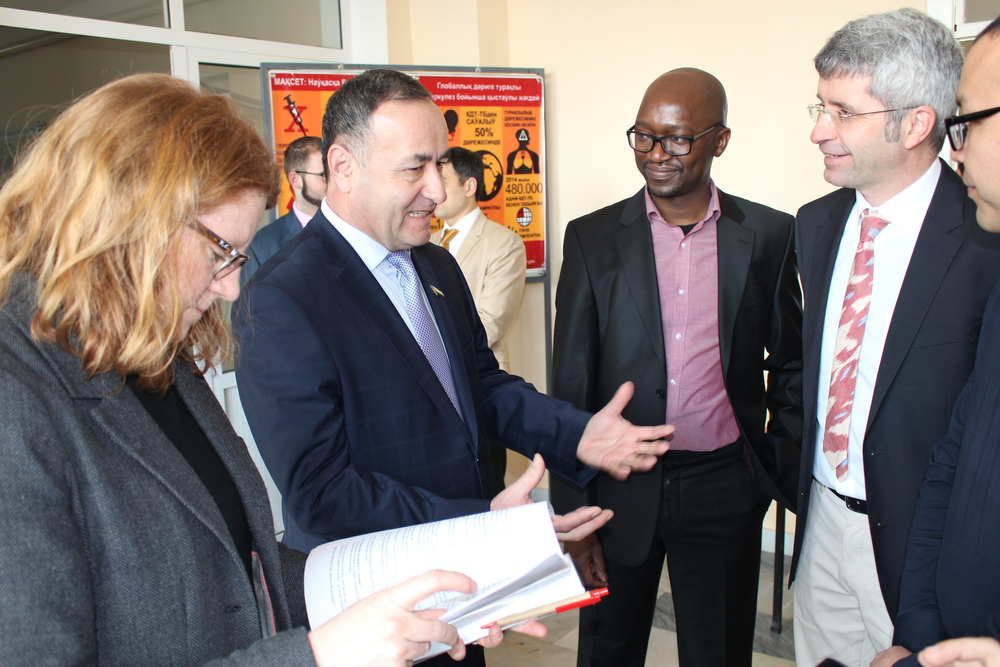TB PRACTECAL: Innovative tuberculosis trial reaches milestone
Bern-Thomas Nyang'wa leads the TB-PRACTECAL clinical trial. Sponsored by MSF, the study is evaluating new approaches to combat multidrug-resistant tuberculosis (TB) – a strain of the illness that does not respond to first-line antibiotics and can require an arduous two-year treatment.
This month in the city of Nukus, Uzbekistan, something special happened – we began treating our 100th patient as part of our clinical trial, TB-PRACTECAL.
Bibizada* is one of an estimated 600,000 people worldwide living with multi-drug resistant or extremely drug-resistant TB.
She has agreed to participate in our trial looking for more effective, less toxic, and shorter treatment programmes for these forms of the disease.
From now until the end of her treatment, Bibizada will take a combination of drugs under the expert care of our team.
For now, she says she’s feeling better since she started her treatment - after a few hours of rest in the morning she’s been taking walks in the fresh air and chatting to other patients.
The side effects of the medicines people currently take are often described as worse than the disease itself: nausea, headaches, deafness, psychosis.
Unwanted side effects
We decided to run this trial because, despite so many people currently living with multi and extremely drug-resistant TB, there’s been nowhere near enough investment in finding better treatments for them.
The side effects of the medicines people currently take are often described as worse than the disease itself: nausea, headaches, deafness, psychosis.
Patients have to take up to 20 pills a day, alongside painful injections, and treatment can last more than two years.
During that time, some patients are unable to go to work, socialise, or even visit public places. Their lives are put on hold.
And after all that, only about half of patients are cured. It’s not good enough. That’s why MSF took the decision to launch TB-PRACTECAL.

One trial, three countries
I’m the lead investigator on the trial, which is happening in three countries: Belarus, South Africa and Uzbekistan.
The first patient took their first pill in January 2017, the same month that the trial began in Nukus.
It was my colleague Doctor Ffion Carlin who got Bibizada involved.
She says that whilst the Nukus site has been open for a while – and there’s another site in the capital Tashkent in the works – it was still a special moment for the team.
In particular as the population in the area where this trial site is based is spread out and often difficult to reach.
MSF has been working alongside the Ministry of Health in Uzbekistan for the past 20 years to help improve access to and delivery of TB care.
“A shorter, more tolerable treatment is desperately needed if we want to improve people’s lives in this region and others around the world, reduce the spread and burden of this disease and prevent further drug resistance from developing,” says Ffion.
A collaborative approach
It wouldn’t have been possible to get this far without the commitment and dedication of staff at the trial sites across South Africa, Uzbekistan and Belarus, the team managing the trial in the UK, and others in Berlin and Amsterdam.
Listen to British doctor Emily Wise discuss her time treating TB in Uzbekistan on the MSF podcast, Everyday Emergency.
And it’s truly been a collaborative project, with expertise provided by the London School of Hygiene and Tropical Medicine, University College London and the TB Alliance, amongst other global leaders in the field.
We still have lots of work to do - we’ll be recruiting 630 patients in total to the trial, and we’re expecting the final results in 2021.
But we’re proud to have reached the milestone of treating our 100th patient. It’s a step on the way to improving the lives of people struggling with this disease.
*Bibizada is a false name that our patient has asked us to use in this blog post
MSF and tuberculosis
Every year, over 10 million people develop active TB and 1.6 million die from it.
TB is often thought of as a disease of the past but a recent resurgence and the spread of drug-resistant forms make it very much an issue of the present day and age.
Almost half a million people develop multidrug-resistant strains of the disease every year. Today, TB is one of the three main killer infectious diseases, along with malaria and HIV/AIDS.


